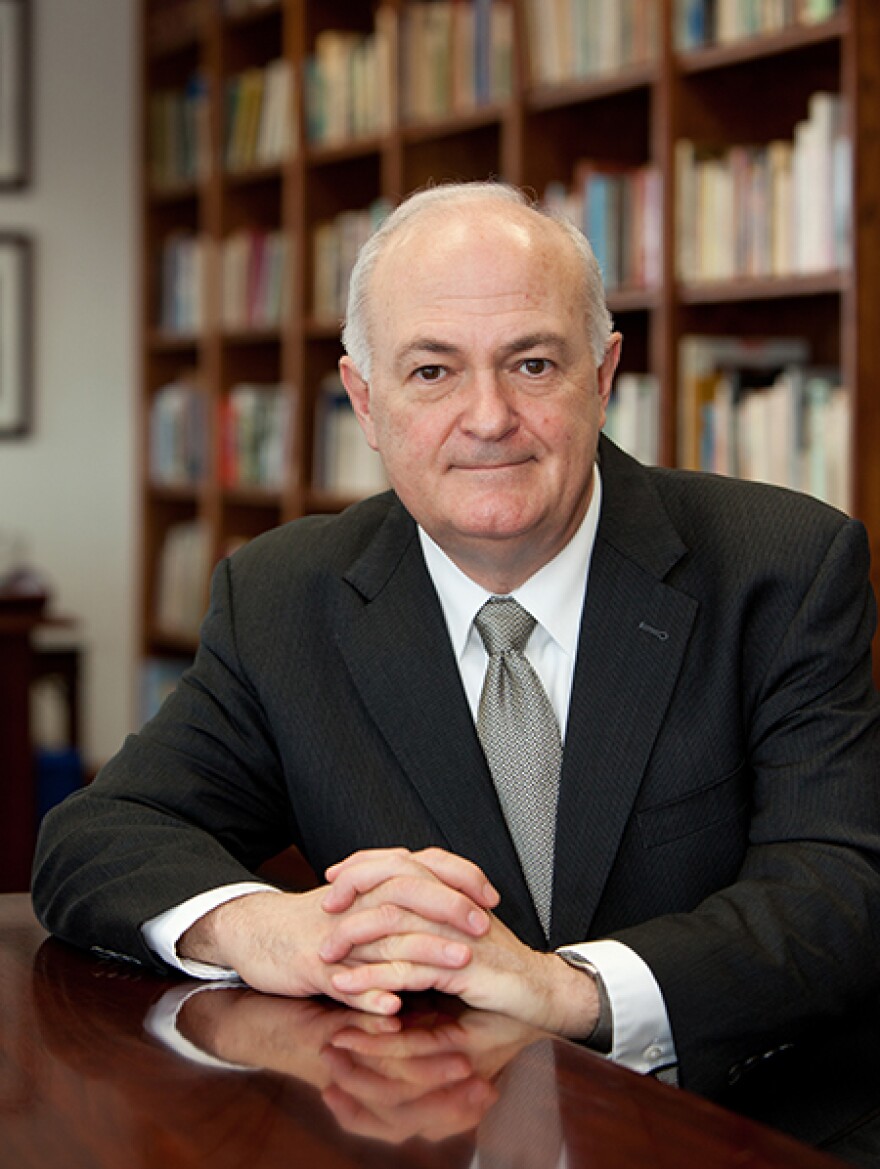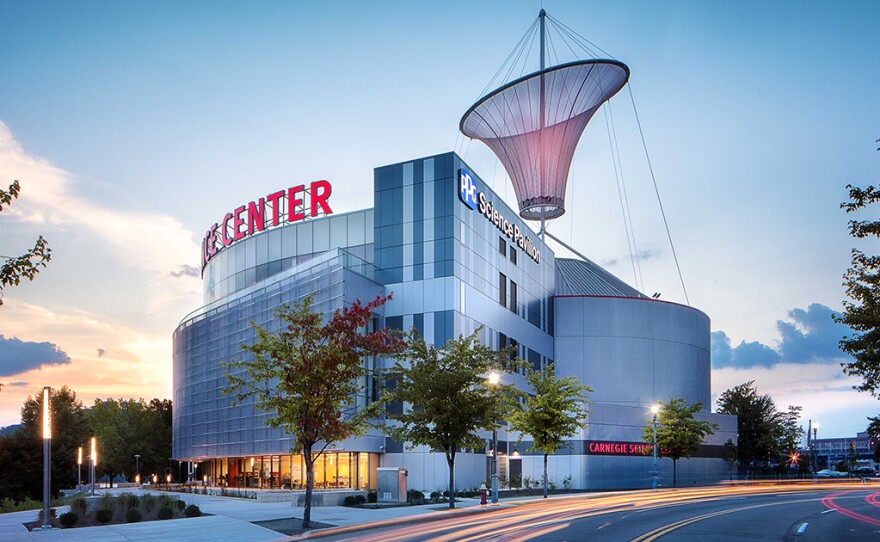Pittsburgh’s museums argue they should be allowed to operate during the “yellow” phase of the state’s coronavirus re-opening plan.

Allegheny County went yellow Friday. Shops began opening, with restrictions, and libraries are getting ready for limited reopenings, too.
Orders from Gov. Tom Wolf have explicitly prohibited reanimating facilities in several categories, among them “indoor recreation,” “health and wellness” and “all entertainment.” Museums are categorized as “entertainment,” along with sports venues, casinos, theaters, concert halls, racetracks, carnivals, and playgrounds.
But Steven Knapp, president and CEO of the Carnegie Museums of Pittsburgh, says institutions like the Carnegie Museums of art and natural history, and Carnegie Science Center, are as much about education as entertainment. And, he says, they are equipped to open safely for staff and patrons alike.
“We can follow the guidelines, we can meet the standards that are involved in being able to open in phase yellow,” said Knapp on Thursday.
Knapp is a convener of an informal collective of nonprofit arts groups that has been meeting via teleconference to share information and strategies during the pandemic shutdown, now in its third month.
About three dozen groups participate, including the Carnegie Library of Pittsburgh, the Frick Pittsburgh, and the Greater Pittsburgh Arts Council, Knapp said. The initiative is developing a best-practices plan for reopening; for communicating the reopening process to the public; and for ensuring that the reopening is equitable and inclusive for all.
"We can follow the guidelines, we can meet the standards"
Most arts groups have expanded their online programming during the shutdown. But different types of arts groups face different challenges in reopening. Performing-arts groups likely have it toughest: Socially distancing in a music club, concert hall, or theater would require reducing seating capacity to a fraction of the usual audience – not to mention the need to keep performers apart onstage.
But museums and even smaller galleries are different. Knapp noted that museums in some European countries have already reopened or announced reopening dates, albeit with enforced social distancing (including limited occupancy) and other precautions to prevent the spread of the virus, such as mandatory face masks.
With the coronavirus death toll in the U.S. approaching 90,000, Knapp acknowledged that no one knows how many visitors are prepared to return to cultural institutions. But he said museums are prepared to welcome them safely.
“We’re confident that we can control traffic, we can space people out, we can clean our facilities between visits and all that,” said Knapp. “We think we have all the capacity to be able to open in the yellow phase.”
He argued that museums of art and science should be reclassified as something other than “entertainment.”

“We’re as much an educational institution as we are an entertainment institution. I would argue even more so,” he said. “We probably reach a quarter-million students in any given year in one way or another.”
“The kind of education is informal, but it’s especially important now, when people are looking for outlets when they can’t be in regular classrooms,” he said.
Museums and other arts-and-culture groups also have a financial incentive to reopen. The forced shutdown that began in mid-March has eliminated most of their earned revenue, and caused many to furlough staff.
The Carnegie Museums – whose four venues also include The Andy Warhol Museum – furloughed about two-thirds of its staff and is running deficits of about $1.4 million a month during the shutdown, Knapp said. He said that through furloughs, temporary salary cuts, deferred merit-pay increases, and a $1.5 million draw on the museums’ reserves, the Carnegie was set to weather a three-month shutdown – a period that ends in about a month.






